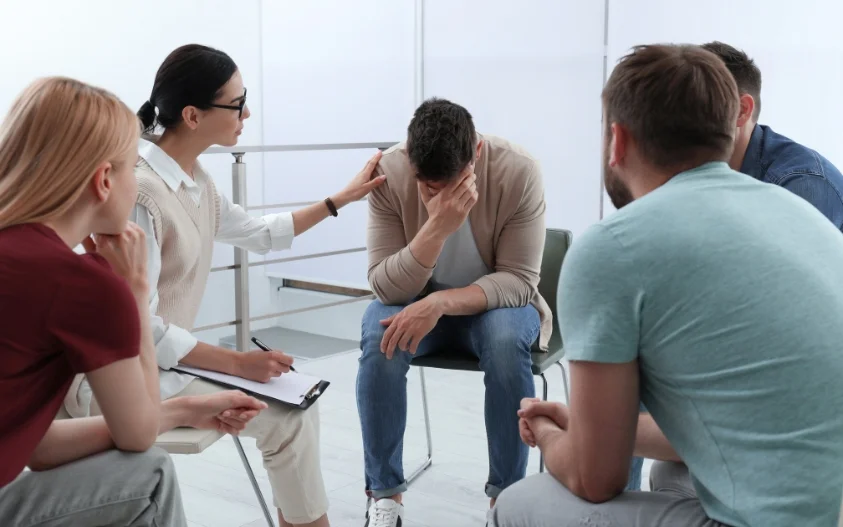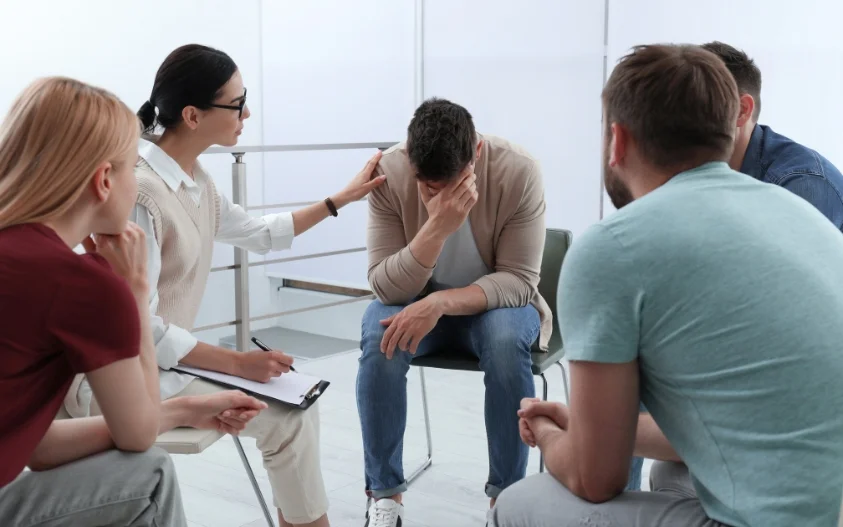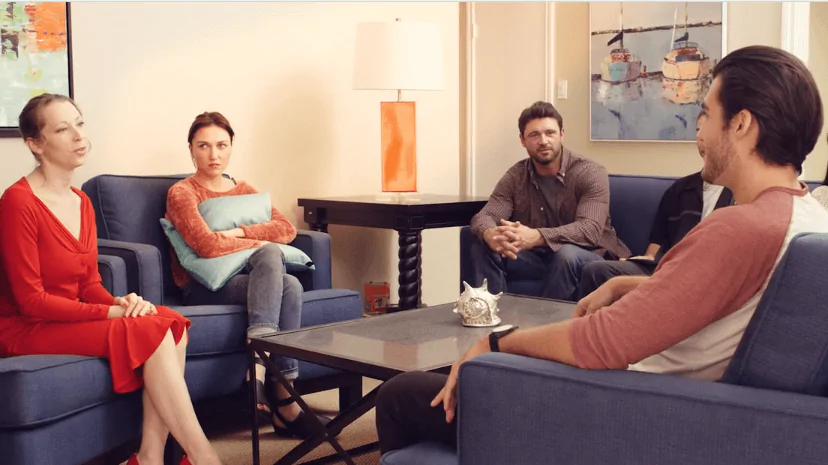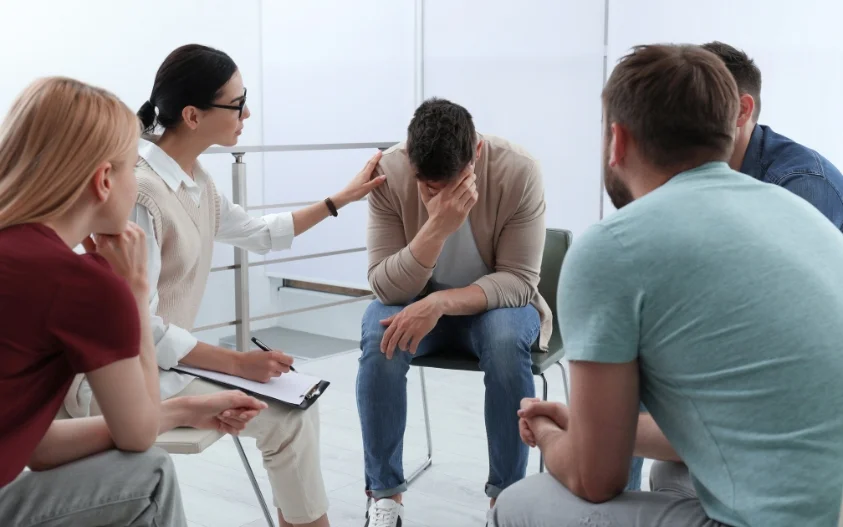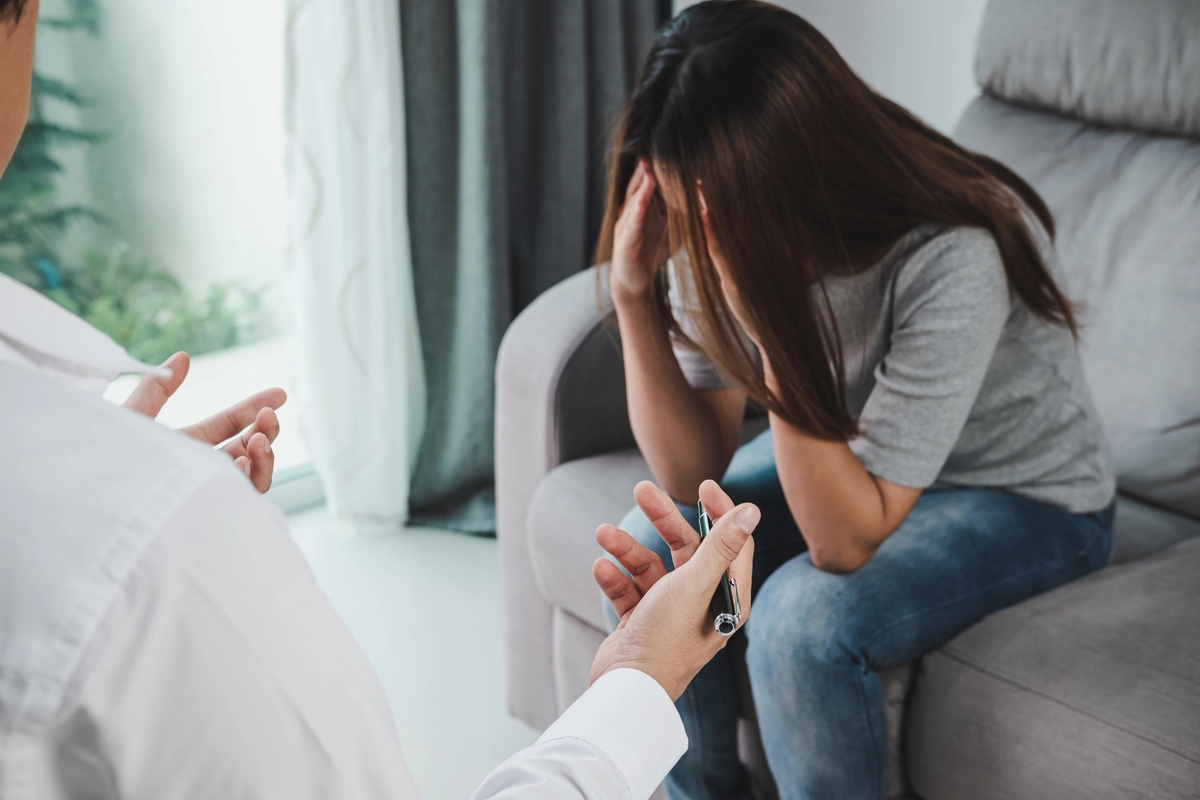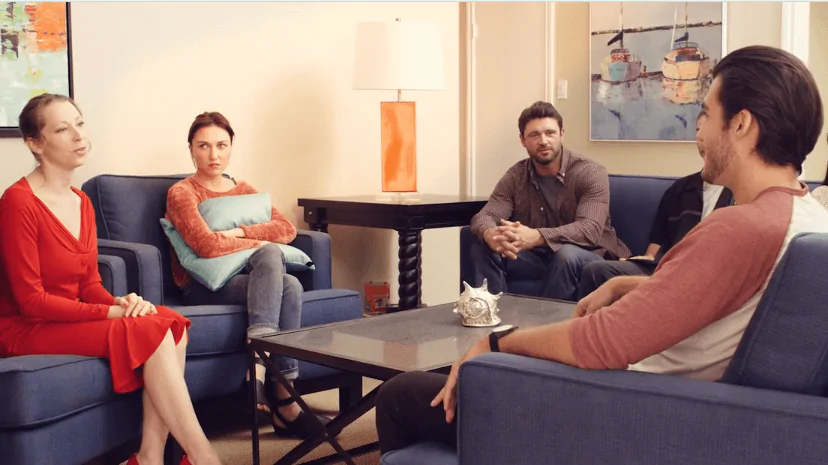24/7 Helpline:
(866) 899-221924/7 Helpline:
(866) 899-2219
Learn more about PTSD Rehab centers in Norlina
PTSD Rehab in Other Cities

Other Insurance Options

Sliding scale payment assistance

Holman Group

American Behavioral

State Farm

Carleon

Self-pay options

WellCare Health Plans

Highmark

EmblemHealth

Optum

WellPoint

Oxford

Molina Healthcare

Ambetter

Sutter
Beacon

BHS | Behavioral Health Systems

Choice Care Network

Ceridian

Lucent

Freedom House Recovery Center – Lake Area Counseling Halfway House
Freedom House Recovery Center - Lake Area Counseling Halfway House provides up to six months of reco...


























